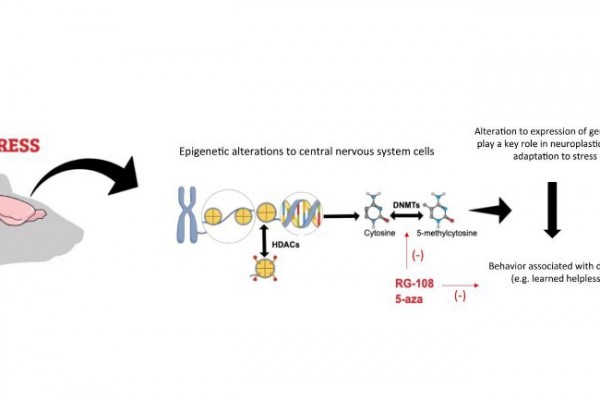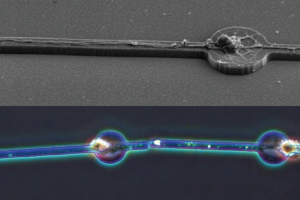A Faster Route to Treat Depression
Researchers used epigenetic modulators to reduce the damage done by stress to neuroplasticity. Findings reveal acute intervention in epigenetic mechanisms produced antidepressant effects more rapidly than conventional medications.
Researchers used epigenetic modulators to reduce the damage done by stress to neuroplasticity. Findings reveal acute intervention in epigenetic mechanisms produced antidepressant effects more rapidly than conventional medications.
Treatment of depression faces two main challenges. The first is that almost 50% of patients do not respond well to existing antidepressants. The second is that conventional medications take a relatively long time – around three to five weeks – to have the desired effect. A group of researchers affiliated with the University of São Paulo (USP) in Brazil set out to tackle the second problem by using epigenetic modulators to try to “erase” the consequences of stress. Epigenetic mechanisms are part of a complex system that controls how and when genes are switched on or off.
Exposure to stress, a key trigger of depression, alters certain epigenetic markers in the brain. Many of these alterations occur in genes associated with neuroplasticity, the brain’s ability to change in response to experience. Stress increases DNA methylation in these genes.
DNA methylation is a chromatin remodeling process that regulates gene expression by recruiting proteins involved in gene repression or by inhibiting the binding of transcription factors to DNA. Most existing antidepressants are designed to reduce this process.





Related Posts